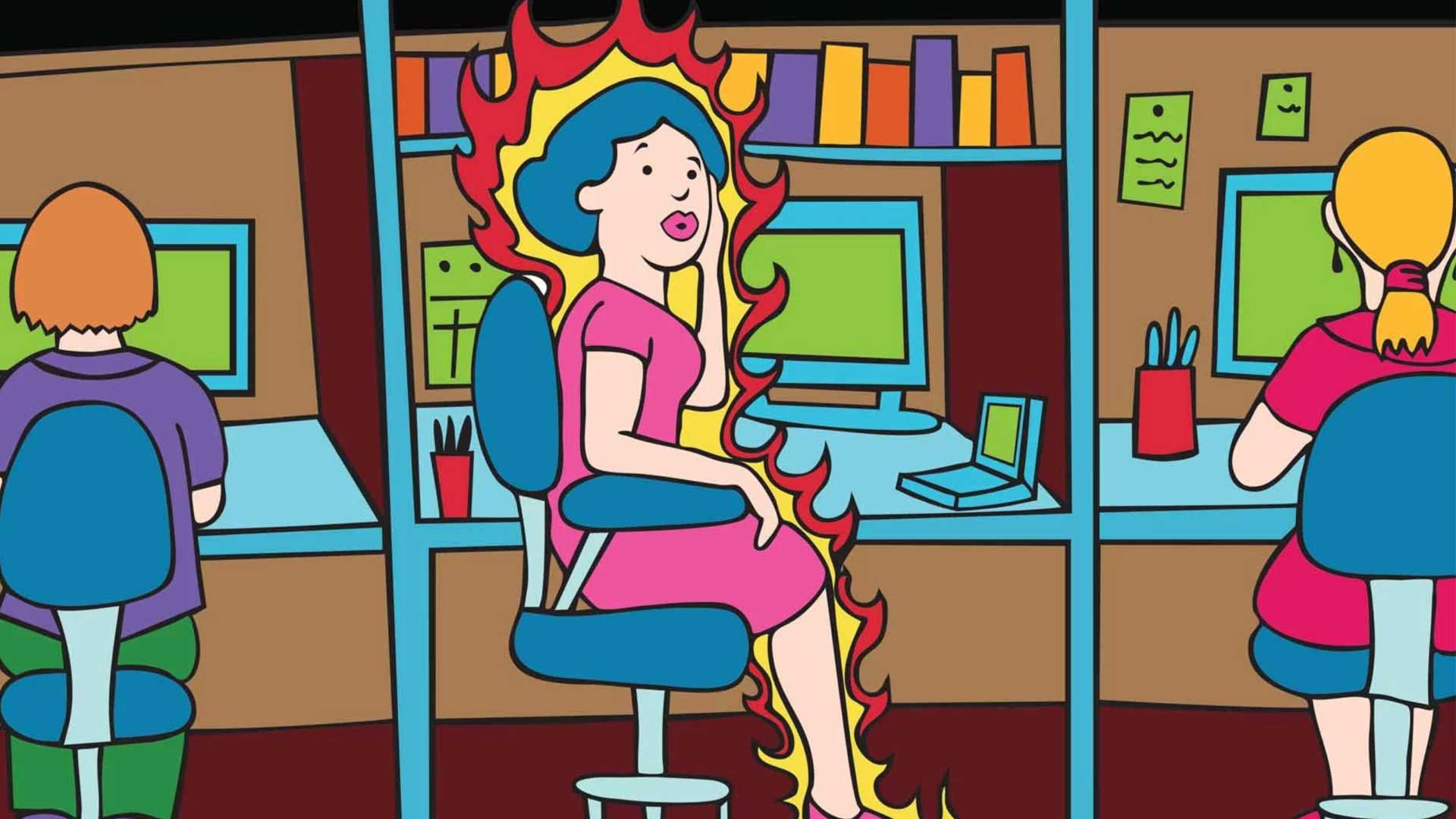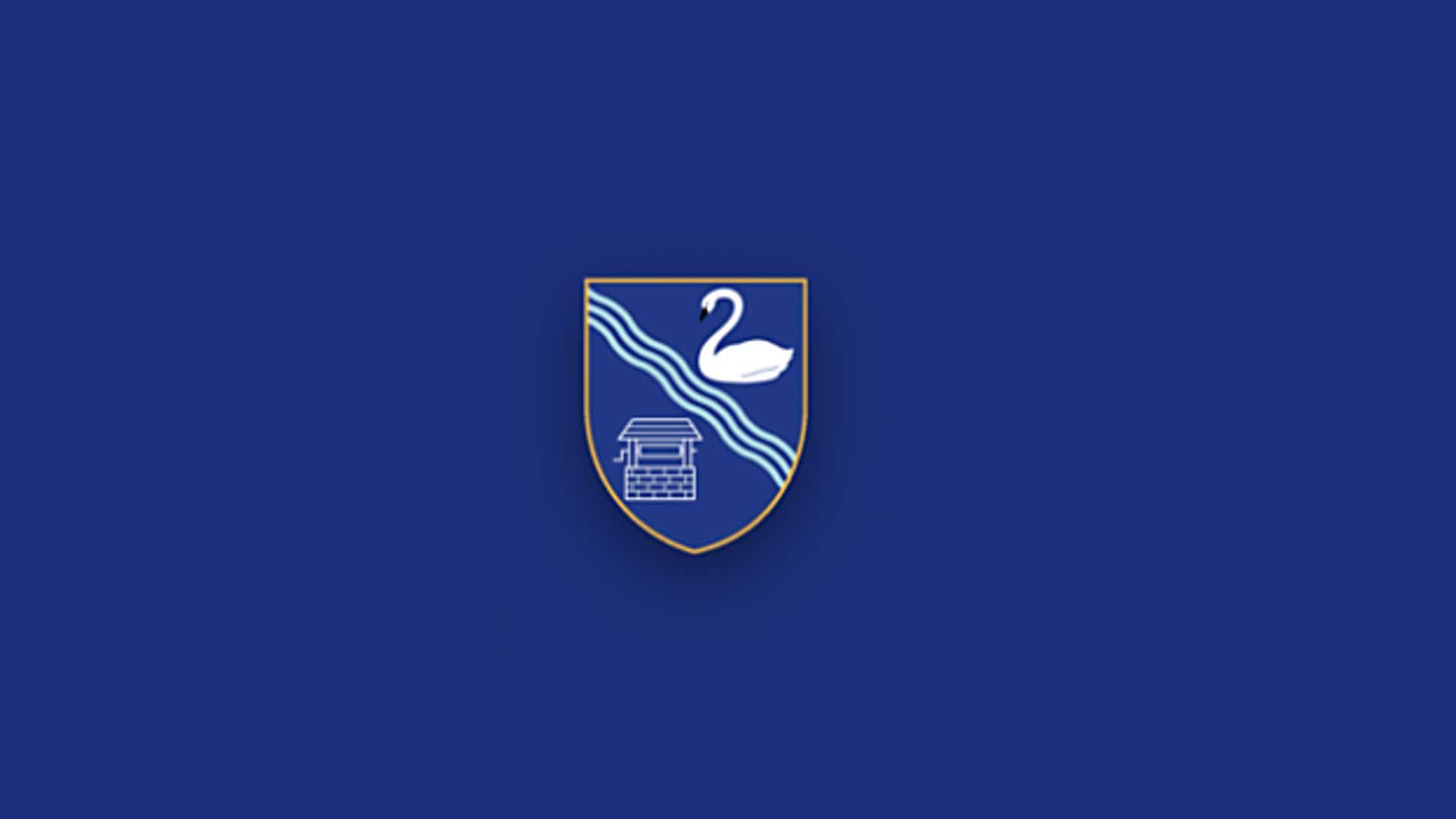Managing your mental health – how can boundaries help teachers?

You’ve gotta love May! Especially this year, with three bank holidays, which means three enforced 4-day weeks in one month, allowing some much-needed breathing space during the final, full-on frenzied term of school…coinciding beautifully with Mental Health Awareness Week.
But what if you didn’t have to wait for bank holidays? What if you could give yourself some time back? Before you shoot me down with an enormous flaming arrow created from your to-do list, hear me out. It’s a matter of boundaries.
How can boundaries help manage your mental health?
There is no doubt that the to-do lists of anyone working at a school are increasing, whilst the number of hours in the day remains the same. Complex challenges on that list require much-needed time to think about the best path to progress. The demands come from all directions, and you’re not sure where to start. Sound familiar?
Boundaries should play a crucial role in the working life of teachers, to protect not only the children but yourselves as well. I’m sure you’ve all heard the oxygen mask analogy by now, but remember, it’s been repeated numerous times because it’s true. So how can you support your school children, colleagues, and your families, if you are not ok?
Well, to start with, let’s talk batteries!
When was the last time you let your computer run out of battery at work? Or your phone? What? Let your phone battery die? Don’t be ridiculous! Whilst some might not worry about this as a prospect, for most, it might fill you with terror, and start palpitations.
But what about your own battery? How often do you go to work without sufficient rest or sleep? Or without allowing yourself time to eat properly? How regularly do you arrive at work feeling exhausted, and how effectively do you think you can work in that state?
Whilst it’s instinctive and a perfect slogan to ‘Keep Calm and Carry On’, there are different ways of doing this positively - and using boundaries can help.
What are boundaries…really?
Boundaries are the established ways, often unspoken, that guide your daily working life. The routines you adhere to or systems or patterns you slip into, which, when left unchecked, aren’t helpful. E.g.,
- Checking our emails as soon as you wake up (and several other points throughout the day when the chance arises).
- Multitasking
- Missing lunch/breaks
- Racing from one place to another
- Grabbing food on the go/eating convenience food etc
Some of this, understandably, is the fallout from Covid, but repeating the same unhelpful behaviours leaves you working incredibly hard but not necessarily in the most effective way.
You need to consider what is acceptable for you, both professionally and personally.
How do you establish new boundaries?
Ask yourself some questions first.
- What are your current boundaries, if any?
- How could they be enhanced?
- Which areas of your life are impacted?
- Who is setting the boundary in each area?
- Can that boundary be negotiated?
- Can you request extra time/support?
- Which of my boundaries are self-imposed?
One of the things I’ve heard frequently delivering sessions to teachers is how guilty they feel when they say no. But consider this; if you say ‘yes’ to something, you are invariably saying ‘no’ to something else. That could be a ‘no’ to spending time with your family, a ‘no’ to an evening out with friends, or a ‘no’ to an early night. So what is the cost of carrying on? Could you be saying no to your mental health?
Workloads are undeniably heavy, but deciding what’s essential and what you won’t complete each day will feel empowering. Also, congratulate yourself (and others) on every completed task to boost your dopamine levels and keep you going.
Whilst A.I. is on the horizon, and robots might take over all our jobs eventually, they aren’t there yet. So no human can avoid burnout.
So here are some tips to help you get started:
- Avoid looking at your phone as soon as you wake up (and turn off notifications).
- Check your emails at (no more than) 3 pre-planned times each day after completing your high-energy tasks.
- Set yourself time limits/deadlines – on tasks, meetings and working hours – whatever the limit you set yourself will be the time you get it done in, be that a day, a week or a month!
- Plan in your breaks – like your circadian rhythms, your mental energy fluctuates throughout the day; just because you’re not consciously working, it doesn’t mean your brain isn’t on the go. It needs your downtime to make sense of what’s gone on in your day. If you don’t stop, it can’t do this until the middle of the night! The Pomodoro technique can help with this.
- Avoid multitasking – no one does it effectively (even those who think they can). It can actively help us lose time.
- Find your funny – laugh on demand. Plan in times for funny clips, activities, or your most entertaining colleagues. If we haven’t told you enough already, laughter and humour are great stress relievers!
- Communicate boundaries – people will only be able to respect your boundaries if they know what they are.
- Encourage others to reflect on and share their boundaries, too, so that you can work together positively.
Remember, the children you work with look up to and copy you, so consider what impact your current self-preservation behaviours might have on their mental health too.
With that, I’m going to end after breaking one of my boundaries… sticking to my blog word limit! Oops!
If you want further support with mental health and wellbeing in your school, check out our Mental Wellbeing workshop or contact our Doug, who can create bespoke training to suit your needs. Email him:














